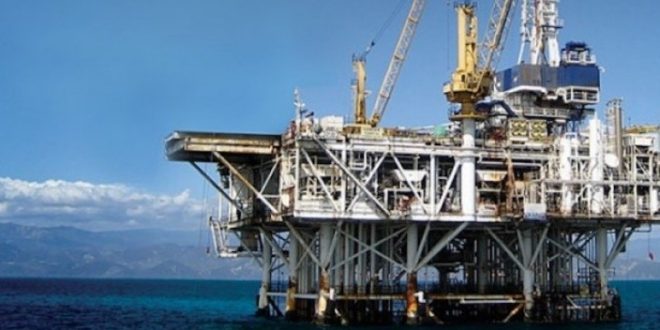Major oil companies have raised concerns over oil theft and pipeline vandalism, citing these issues as significant obstacles to supplying crude oil to local refineries, including the Dangote Refinery.
Speaking on behalf of these companies, Dr. Chinyere Almona, Director-General of the Lagos State Chamber of Commerce and Industry, emphasised that these challenges are preventing oil majors from meeting their daily production quotas.
She also noted that Nigeria’s low crude oil production further hinders international oil companies (IOCs) from supplying adequate crude to the Dangote Petroleum Refinery and other modular refineries.
According to the Nigerian Upstream Petroleum Regulatory Commission, Nigeria produces 1,281,478 barrels of crude oil daily, excluding condensates.
This, it said, marks a decrease from the 1,426,574 barrels produced daily in January.
The $20 billion Dangote refinery in Lagos has the capacity to refine 650,000 barrels per day, while Nigeria’s 25 modular refineries, when fully operational, can process about 200,000 barrels of crude daily.
Both IOCs and the Nigerian National Petroleum Company Limited (NNPC) export crude oil to earn foreign exchange.
However, challenges in the upstream oil sector, including oil theft and pipeline vandalism, have hindered Nigeria’s crude production for several years.
The Oil Producers Trade Section (OPTS) of the Lagos Chamber of Commerce and Industry blames these issues for the IOCs’ inability to provide sufficient crude oil to the Dangote Refinery and other local refineries.
In April, Speaker of the House of Representatives Abbas Tajudeen stated that Nigeria loses N1.29 trillion annually to oil theft, pipeline vandalism, and other criminal activities.
He emphasised the need for the Nigerian Navy to address these challenges to support the national economy.
Aliko Dangote, President of Dangote Group, has criticised IOCs in Africa for preferring to export crude oil instead of supplying it to local refineries.
Despite NNPC’s efforts to provide crude, IOCs are more inclined to sell abroad for foreign exchange, he noted.
Dr. Almona explained that low crude production in Nigeria poses a significant challenge.
She stated, “We realised that due to the low crude production level and other constraints, there might be challenges at the beginning. We can all learn from these teething issues to improve our regulation of the oil and gas sector for better performance.”
Almona added that oil theft, pipeline vandalism, and policy concerns are major factors contributing to low crude oil production.
She also pointed out that issues around pricing and supply contracts between the Dangote refinery and IOCs should be addressed by the government through NNPC and NUPRC.
Operators of modular refineries have also raised concerns about their inability to access crude from IOCs, leading to underperformance and financial losses.
Nigeria currently has 25 licensed modular refineries, with five in operation producing diesel, kerosene, black oil, and naphtha.
The Chief Executive Officer of NUPRC, Gbenga Komolafe, reiterated that the commission has developed regulations to ensure crude oil supply to indigenous refiners.
However, he clarified that the commission cannot guarantee crude for refineries that have not yet been established.
The NUPRC recently promised to ensure that crude oil is supplied to domestic refiners in compliance with the Petroleum Industry Act 2021.
This move aims to foster a seamless implementation of the Domestic Crude Oil Supply Obligation and ensure a consistent supply of crude oil to local refineries.
Lami Victor | KADUNA
 National Telescope national telescope newspaper
National Telescope national telescope newspaper



